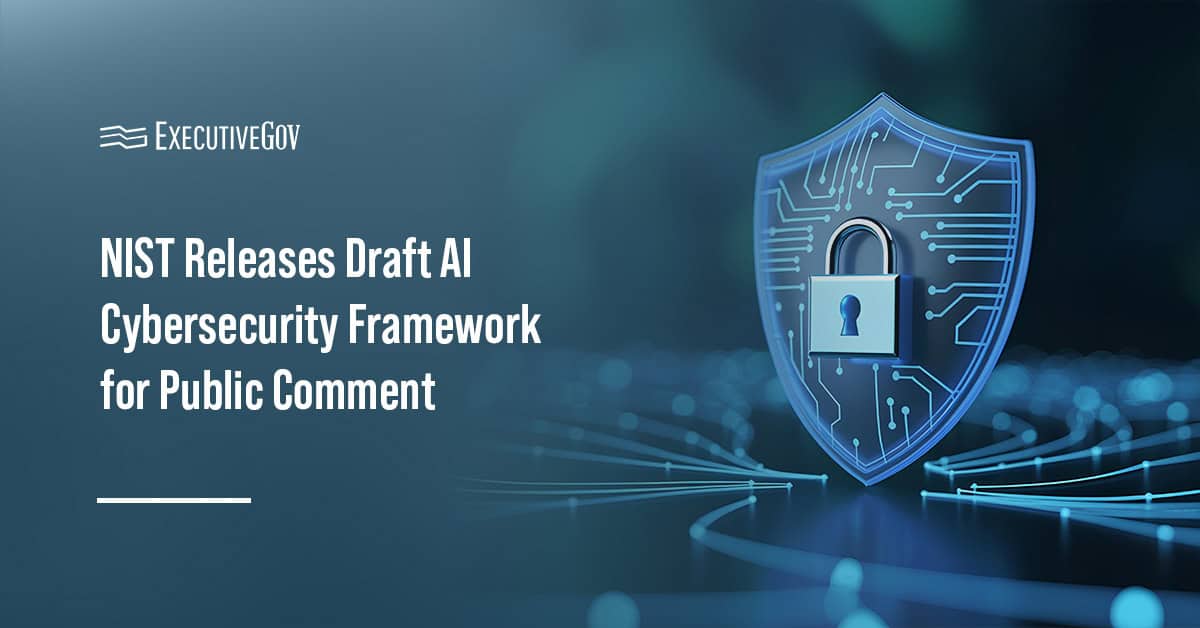
Sen. Mark Warner, D-Va., has introduced an amendment to increase funds for a spending package that would allot $6 million for unmanned aircraft system research.
\n\n
The amendment would boost the minibus II‘s UAS research funds under the fiscal 2019 Transportation, Housing and Urban Development section of the bill from $3 million to $6 million, Warner’s office said Tuesday.
\n\n
The minibus II is intended to support research efforts that would help the government safely integrate UAS into U.S. national airspace.
“This amendment will ensure we continue supporting advancements in the safe and responsible integration of unmanned systems in our airspace,” said Warner, a two-time Wash100 awardee.
Sens. John Hoeven, R-N.D., and Catherine Cortez Masto, D-Nev., serve as the base bill’s sponsors.





